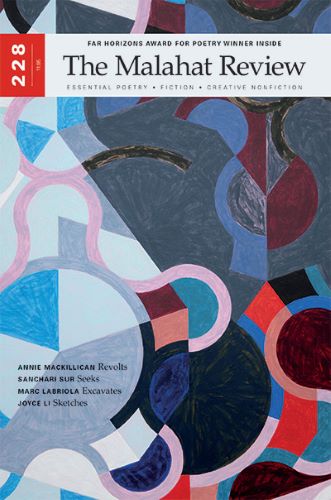Conjuring the Past
 Guest Post by Chloe Yelena Miller.
Guest Post by Chloe Yelena Miller.
I continue to return to Melanie Figg’s poetry collection, Trace, published right before the pandemic. She writes stories of women through art, personal histories, and nature. In six sections, the reader is invited to listen, look, and act on behalf of ourselves and others.
The opening poem, “The Measure of Things,” ends with, “But here is the wide / open field: you promised / not to tell because you loved him.” Throughout the collection, Figg undoes this promise and “tell[s]” through the poems. While sometimes the reader is only given a suggestion of what happened through the effects or moment, the stories are given light through the specificity and emotion of written images.
Trace conjures the past, women’s truths, and readers’ necessary actions. During the (recorded and available) virtual Gaithersburg Book Festival in 2020, Figg read and shared images related to and complementing the poems. In that reading, she shares the poem “The Trace of Nothing” which ends, “remember? / This is how I conjure / you, this is how we talk.” The image of the woman against the wall, painted as the wall, is striking and builds on the written poem.
The intimacy of Trace is palpable in the telling of mental illness and abuse. In part 4 of “Untitled: after Doris Salcedo,” Figg writes, “She tells you her art will take / responsibility for your grief & you surrender—[ . . . ]” Like the artist in the poem, Figg also does this for the women in the poems and the readers, too. These poems are architectural, load-bearing walls for the women in the poems and Figg’s readers.
Trace by Melanie Figg. New Rivers Press, 2019.
Reviewer bio: Chloe Yelena Miller is a writer and teacher living in Washington, D.C.
Buy this book from our affiliate Bookshop.org.




